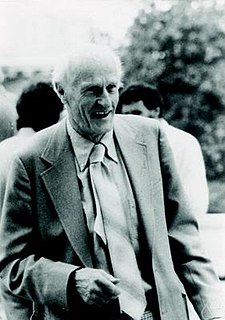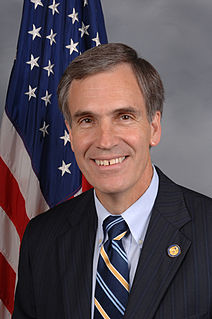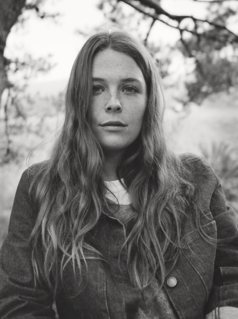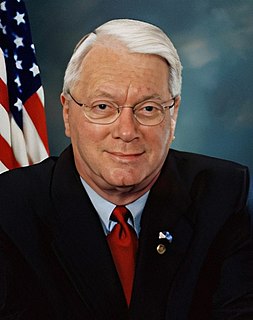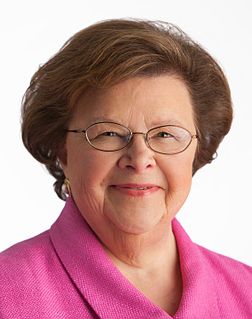A Quote by Stephen Cole Kleene
In the fall term of 1933-34 I was on my family farm in Maine.
Related Quotes
I have a family and you know very well the time that that takes. That's good time. I have a couple hobbies. I'm a runner and play tennis. In the summer my family and I uproot ourselves and go live in Maine for the summer. We have a house on a very tiny island in Maine. Which is really my spiritual center. We've been going there for ten years, and it has no ferry service, no bridges, no telephone service. It's really isolated.
A farm regulated to production of raw commodities is not a farm at all. It is a temporary blip until the land is used up, the water polluted, the neighbors nauseated, and the air unbreathable. The farmhouse, the concrete, the machinery, and outbuildings become relics of a bygone vibrancy when another family farm moves to the city financial centers for relief.
In my very first term there was an issue that brought us [George Mitchell, Ted Kennedy, Chris Dodd] together in a very deep, emotional, and personal level.It was called 'spousal impoverishment' and it meant that for one person [to go into] a nursing home, the family [ ], could go near bankruptcy, and then they'd end up with a lien on the family farm or the home. And so I wanted to change that.
I do think that there is a big difference between family farms and agri-business, and one of the distressing things that I think has occurred is with consolidation of farm lands. You've seen large agri-businesses benefit from enormous profits from existing farm programs, and I think we should be focusing most of those programs on those family farmers.
